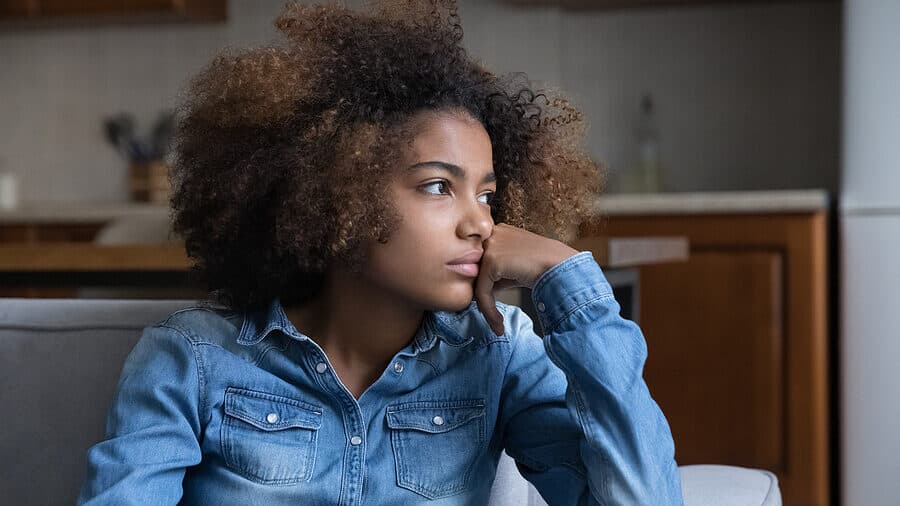Candidates prefer in-person interviews to video calls. They also feel that they have to change their appearance to get a job.
These are the two most significant takeaways from a recently released survey by the American Staffing Association. The research found that 70% of Americans prefer in-person interviews, while 17% prefer video interviews. And only 9% prefer audio only.
In other words, candidates want to come in to mee the people with whom they’d be working. While Harris Poll (which conducted the survey) didn’t release information on whether those numbers differed for remote-only rolls, it’s safe to say that asking someone to meet face-to-face will generally have a positive result.
In addition to the in-person preference, findings showed that people feel that they have to change their appearance for interviews:
- 74% of Hispanic Americans feel they need to modify their appearance, compared to 65% of their white counterparts
- 33% of Black Americans reported feeling the need to shave their facial hair before an interview, compared with 25% of Hispanic Americans and 22% of white Americans
- 19% of Hispanic Americans and 17% of Black Americans felt the need to cover their tattoos, compared with 10% of white Americans
- 18% of Hispanic Americans and 14% of Black Americans felt compelled to take out their body piercings, compared with 9% of white Americans
- Men (39%) are more likely to feel the need to get a haircut or change their hairstyle for an interview than women (23%)
What Does This Mean for Recruiting?
Changing appearance for an interview is common and normal, so it’s not surprising that people consider their hair, tattoos, piercings, and clothes when deciding how to appear in front of recruiters and hiring managers.
But as the survey indicates, there are racial disparities, whereby people of color are far more likely to make adjustments. Moreover, the findings also align with commonly known issues of hairstyle discrimination against many people of color. As legal recruiter Wendy Schoen says, “I think that the most telling issue with respect to Blacks/Browns and interviews is what to do with their hair more than what to wear.”
Indeed, hairstyle discrimination continues to be a problem. Several states have passed hairstyle discrimination legislation laws, often called The Crown Act. These acts typically prevent employers from taking discriminatory action against candidates and employees with locs, cornrows, twists, braids, and Bantu knots.
At the same time, Unilever, through their Dove Brand, sponsors legislation and advertisements that fight against hair discrimination, especially in Black women. As Esi Eggleston Bracey, president of Unilever USA, says:
“These biases continue to perpetuate unfair scrutiny and discrimination against Black women and girls for wearing hairstyles inherent to our culture. This is unacceptable and why it is imperative that everyone join the movement to make hair discrimination illegal nationwide through the passage of The CROWN Act.”
